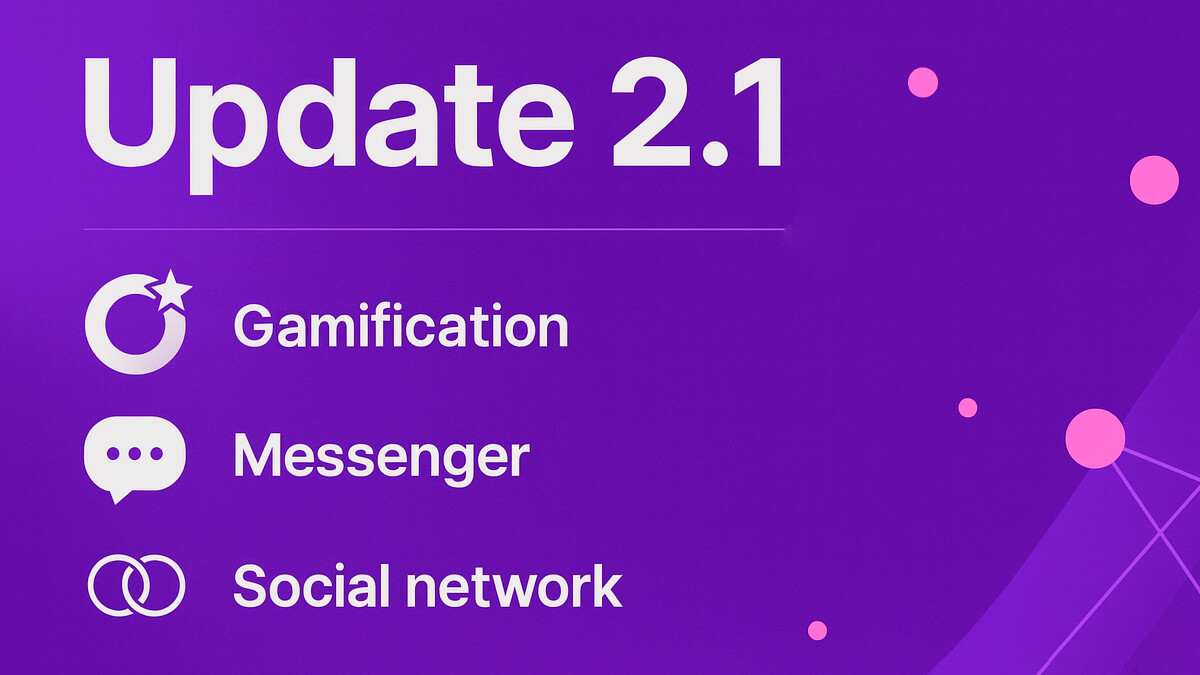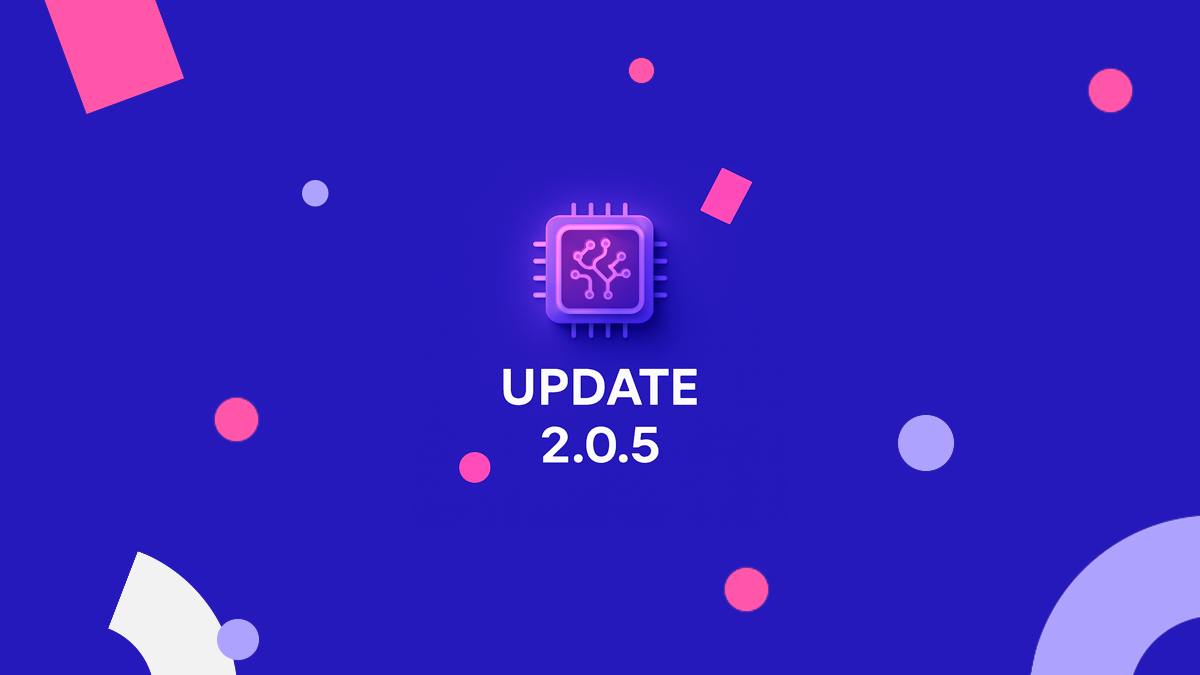Benefits of the LMS Platforms

Learning Management Systems (LMS) have taken the world of education and corporate training by storm. From academic institutions to businesses, these platforms have become an indispensable tool for teaching, training, and development. As the digitization of learning continues to progress, understanding the numerous benefits of the LMS platform is crucial. In this comprehensive article, we will delve deep into the myriad advantages of using an LMS.
1. Streamlined Administration
Using an LMS means all course materials, student data, schedules, and communications are in one place. Educators don’t have to juggle between a personal website for content, Zoom for live sessions, and emails for communication. This centralization:
- Reduces administrative workload.
- Ensures better organization and tracking of materials and student progress.
- Allows for more straightforward course management.
2. Scalability
LMS platforms can scale easily to accommodate a growing number of users. This scalability ensures that as institutions or companies grow, their training and educational endeavors can expand seamlessly.
3. Access Anytime, Anywhere
With most LMS platforms being cloud-based, learners can access content from anywhere at any time. This accessibility:
- Fosters a culture of continuous learning.
- Provides flexibility, especially beneficial for working professionals.
- Allows for just-in-time learning, where users can access specific content exactly when they need it.
4. Multimedia Learning
LMS platforms support a wide range of content types:
- Videos, infographics, podcasts, and more can be integrated.
- This multimedia approach caters to different learning styles and can increase engagement and retention.

5. Security
LMS platforms prioritize the security of content and user data:
- Encryption, regular backups, and secure login methods ensure the protection of sensitive information.
- Role-based access ensures that users only access the content relevant to them.
6. Integration Capabilities
Many LMS platforms can integrate with other software:
- Integration with HR systems, for instance, can streamline onboarding processes.
- Connecting with third-party content providers can expand the range of available learning materials.
7. Integrated Communication Tools
Instead of relying on separate messaging apps or emails, LMS platforms often include built-in communication tools:
- Direct messaging or chat options for one-on-one student queries.
- Announcement boards for updating all course participants at once.
- Forums for fostering class discussions and peer support.

8. Integrated Assessment Tools
Instead of depending on third-party tools for quizzes or exams, an LMS comes equipped with in-built assessment modules:
- Automatic grading saves time and ensures consistency.
- Immediate feedback can be provided to students, enhancing their learning experience.
- It’s easier to track and record scores, aiding in the evaluation process.
9. Simplified Financial Transactions
For educators who charge for their courses, an LMS often provides integrated payment systems:
- Secure processing of payments.
- Automatic generation of invoices or receipts.
- Subscription-based models can be easily managed.
10. Better Engagement Metrics
Through the LMS’s analytics, educators can gain insights into student engagement:
- Track which materials are most accessed or which topics may need revisiting.
- Monitor forum activity to gauge student involvement and interaction.
- Identify students who may be falling behind, allowing for timely intervention.
11. Professional Presentation
A cohesive LMS platform presents a more professional front than patching together various platforms:
- It assures students of the quality and seriousness of the course.
- Provides a unified brand experience for the educator or institution.
- Offers credibility, especially for new educators seeking to establish themselves in the market.
12. Enhanced Collaboration Opportunities
For courses with multiple educators or guest lecturers, an LMS can simplify collaboration:
- Shared access to course materials and administrative tools.
- Seamless co-teaching experiences with integrated tools.
- Easier to co-design and co-deliver modules.
13. Continuous Feedback for Course Improvement
With integrated survey tools and feedback modules, educators can:
- Gather student feedback at the end of modules or the entire course.
- Continuously refine and improve content based on real-time feedback.
- Foster a culture of openness and continuous improvement.
Conclusion
For educators, an LMS is not just a convenience; it’s a game-changer. The ability to consolidate all aspects of teaching and course administration into one platform reduces hassle, enhances professionalism, and ultimately leads to a better teaching and learning experience. As the educational landscape continues to evolve, the comprehensive benefits of an LMS for educators make it an indispensable tool in modern pedagogy.
Articles are good, but social media posts are faster!
Subscribe to us and be the first to receive tips and tricks
on promoting your online school!


Earn money on your knowledge and experience with
Softbook!
to the platform for setting up your own school!





